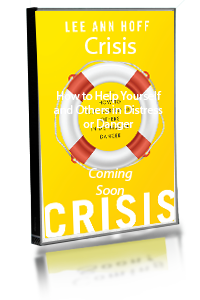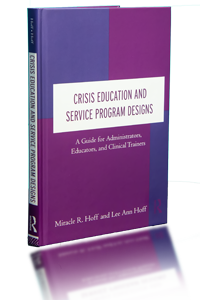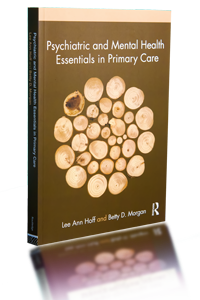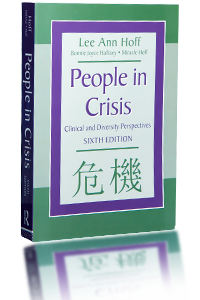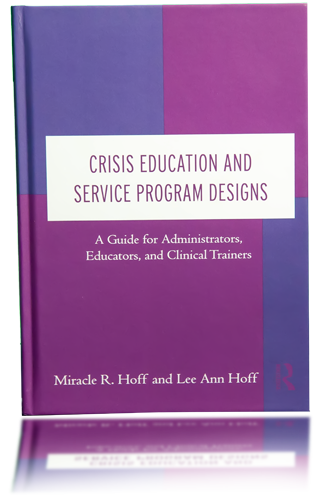
This revised edition is an essential text for educators, administrators, and clinical trainers who may otherwise feel ill-prepared for the complex tasks of teaching, program development, supervision, and consultation in the crisis-care arena. The book provides a framework for more systematic inclusion of crisis content (such as critical life events, violence victimization, suicide, and psychiatric emergencies) in health and human-service programs. It offers criteria for developing educational programs and practice protocols that balance attention to the psychosocial and biomedical needs of people in distress and crisis. By clearly delineating what crisis care is and is not, the book shows that this facet of mental-health care is neither a mere band-aid nor a panacea for what ails the healthcare system. Instead, it is an essential element of the total health-service delivery system that recognizes the whole human being, not only his or her medical or psychiatric diagnosis. Readers will find that this book fills the current gaps in knowledge and training while fostering a more holistic practice by all human-service professionals. It shows how effective leadership, training, and timely support contribute to crisis workers’ effective practice with people in crisis.
